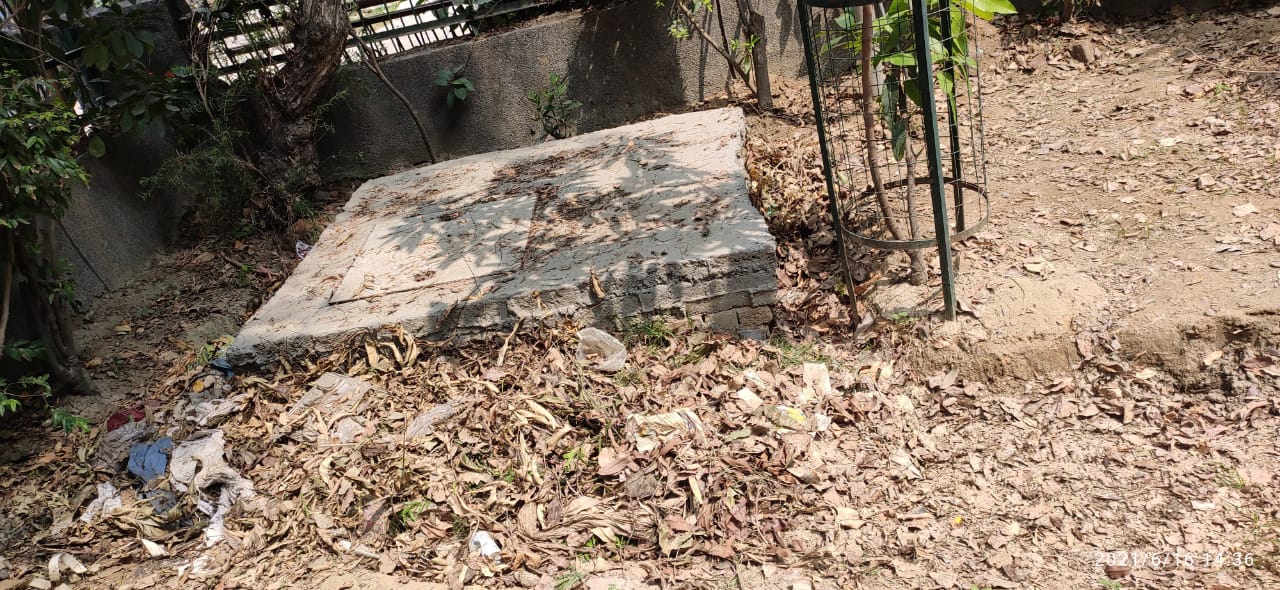Why is a RWA registration important?

- Oct 07 2020
- by GCI Desk
Green Clean India columnist Raveesh Singhal discusses in detail about the registration process and the powers vested with the Resident Welfare Association (RWA). For those who are not aware of the registration process and the documents requirement for it, this column is a must read.
Often we are confronted with the question whether it is a pre-requirement for a Resident Welfare Association to register with the authorities for it to exist. The answer is no. While it is not compulsory for the RWAs to be legally registered to fulfill its primary role of upkeep and maintenance of its residential society, I would like to discuss here in detail why it is Important to get an RWA registration. Once an RWA gets registered following are the purposes and powers available to a registered body of the residents.
A registered RWA can hear and decide the matters complained by a member of the association and document its findings. The opinions of the RWA are then submitable in any higher authority and any court of dispute. The registered RWA has the authority and competence to take up the matters of importance to the residents with the competent authorities for the common interest of the society. The representation can range from matters of providing or improving common facilities in the society like public parks, drainage, roads, streetlights, scavenging, community hall, proper electricity, and water supply etc. It can also make representation to authorities on matters of dispute or on matters of policy where the interests of the residents are in question.
A registered RWA can act as a cultural entity to arrange and organize social and cultural functions from time to time. It can raise funds from the general public, can maintain a bank account and can also release receipts for the funds received. The registration, though does not give them powers to run profit making ventures, but it can certainly take up activities which creates jobs and gives benefits to the residents and helps in the well-being of everyone.
As a RWA entity, one can take up measures and also do campaigns to make adequate arrangements for poor, widows, orphans, and handicapped orphans, old aged and retired persons and many such altruistic activities. It can also create shelters or provide support for the education of the underprivileged or economically weaker sections of the community.
As discussed initially, RWA when registered gets a unique power of representation. It can approach the concerned authorities for a redress of grievances of the member's conferences with the concerned authorities. Due to this authority, RWA can also be a party in a case in a court of law and present its views and concerns in the larger interest of the public. The powers also entrust the RWA to be consulted by the government as a body while making laws which concerns the habitations.
Another important function which RWA play is to act as a facilitator between various local authorities like Electricity board, Water board, PWD, Local Municipality for getting the development and maintenance work done in the society.
Further the most important benefit of a registered RWA is that entitlement of various Govt. Schemes. For example, in NCT of Delhi, a registered RWA can claim funds from Horticulture Department for maintenance of Local Parks.
In my experience, one of the major entitlements of a registered RWA is the power to make lawful correspondence. It can convene meetings, conferences with the concerned authorities and also document its letters for future reference.
By virtue of being a registered legal entity, the registered RWA also has the power to receive and collect any gift or donations acquired by any lawful means and use it for the fulfillment of all or any other objects of the society.
How to get an RWA registered?
The registration of the RWA has to be done as the Societies Registration Act prevalent in the respective states and there are several changes in the Act in various states and the process of the registration could also vary as per the local laws but broadly speaking, the documents required can be discussed here briefly for everyone’s benefit.
Prepare a covering letter mentioning the intention to go for the said registration and clearly mention the list of the society members with their full name, full address, their occupation and signatures in an orderly fashion. Application must carry along the address proof of all members along with the address proof of registered address of the society office which is intended to be registered. Some states ask for the PAN card of all members.
Memorandum and bye-laws of the proposed Association or society must be attached along with one affidavit from the President on a stamp paper, notarized. Other important documents are Power of Attorney, Building Completion certificates issued by concerned authorities, and home registry copy to form a RWA or Apartment Owners Association, most states in India insist on a minimum seven members from the same state domicile to complete the process.
Once you have prepared all the required documents according to rules of State Society Registration Act, State Apartment Act or Society Registration Act 1860 as the case applicable in the respective state, you can go forward to apply for the registration. Do not forget to refer to the latest guidelines issued by the Registrar of Societies of the respective state before you venture into the process. In few states like Delhi, the filing procedure is partly online till fee collection, otherwise, the whole process is offline and you need to visit the Registrar office and also pay a fee on the counter.
Once the name and Bye-Laws of your housing society are approved, the Registrar issues a registration certificate. This entire procedure takes at least one to three months and insist not to involve any middlemen in the filing process as it could be detrimental in the due course.
When compared to the benefits, a registered RWA is always preferable to an unregistered informal gathering of house owners in managing the affairs of the apartment. A registered RWA helps you keep the accounts and running of the resident welfare association transparent and far reaching in its endeavors.
Green Clean India invites your suggestions and topics for discussion. You can mail to us at editor@greencleanindia.com
About the author:CA Raveesh Singhal (F.C.A., B.Com.(H)), a practicing Chartered Accountant for the last 21 years providing services in the field of Audit, accounting and Taxation. Started as a CA firm catering to Small & Medium Scale Enterprises (SMEs) and has gradually increased client base which now includes Corporates and financial institutions.

LEAVE COMMENT HERE
COMMENTS (1)
LATEST ARTICLES
-

-
 Saving water one drop at a time
Saving water one drop at a time- Oct 07 2020
-
 Lifestyle changes for sustainable living
Lifestyle changes for sustainable living- Oct 07 2020
MOST POPULAR ARTICLES
-
 A primer for RWA office bearer
A primer for RWA office bearer- Oct 07 2020
-
 Why is a RWA registration important?
Why is a RWA registration important?- Oct 07 2020
-
 MAKING YOUR SOCIETY AGE-FRIENDLY
MAKING YOUR SOCIETY AGE-FRIENDLY- Oct 07 2020
KLM Rahul
Dec 01 2024I believe RWA registration is as important as checking your PAN card status (https://thepancardstatus.com/). Just like how you can track the progress of your PAN card application, registering an RWA gives it legal recognition and ensures transparency in its operations. Both processes, whether for PAN card status or RWA registration, help in managing official matters efficiently, ensuring that residents or individuals can access their rightful entitlements and resolve issues with the appropriate authorities.